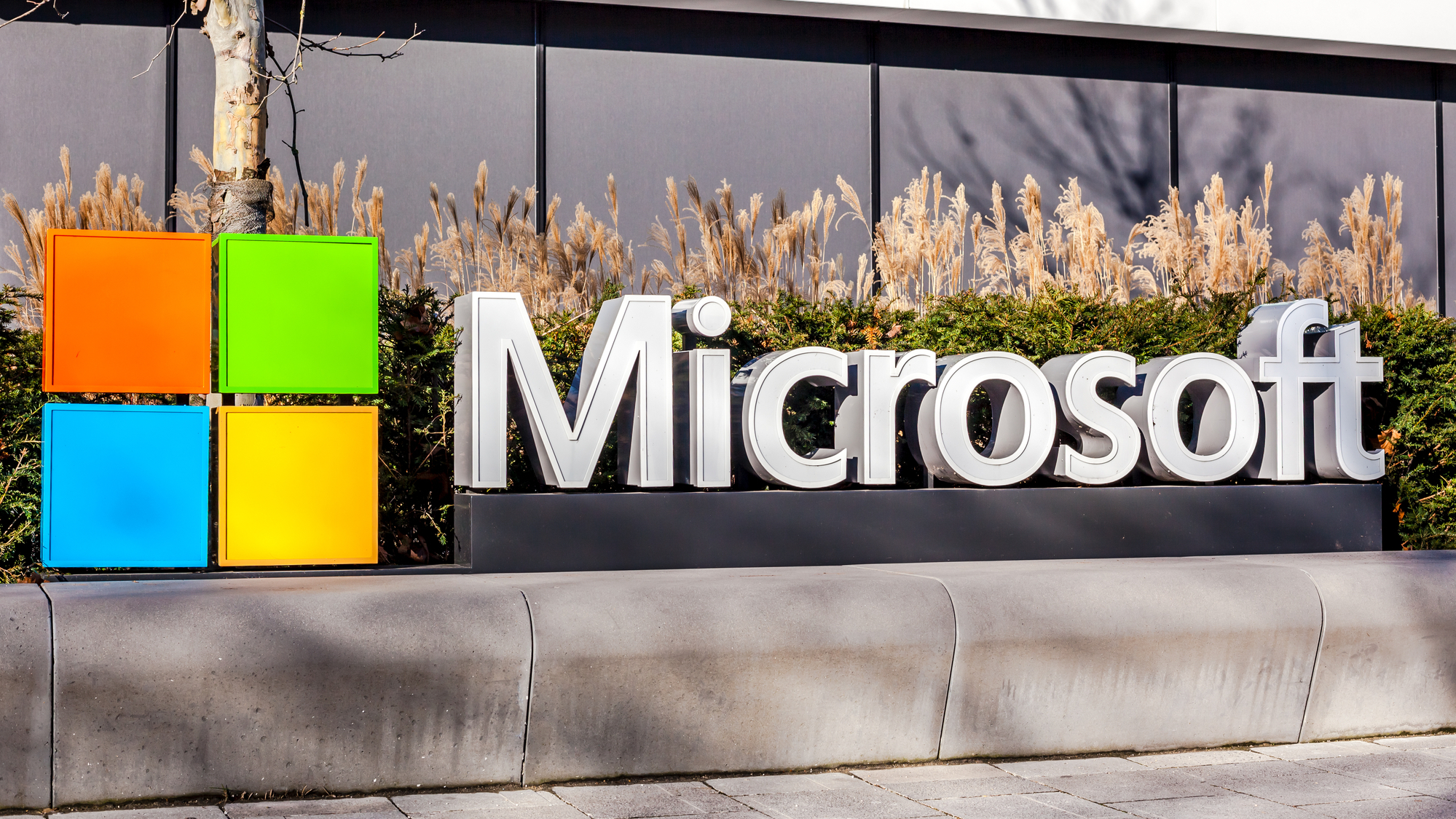

We may earn revenue from the products available on this page and participate in affiliate programs. Learn more ›
This month saw the surprise dissolution of Microsoft’s entire Ethics & Society team—the latest casualty in the company’s ongoing layoffs affecting 10,000 employees, or roughly 5 percent of its entire global workforce. As first reported by The Verge on Monday, the news allegedly came after Microsoft’s corporate vice president of AI assured remaining employees that their jobs were safe. Once a 30-member department, the Ethics & Society team had been reduced to just seven people in October 2022 following an internal reorganization.
The move strikes many experts as worrisome, especially now—Microsoft’s Ethics & Society department was responsible for ensuring the company’s principles pertaining to artificial intelligence development were reflected in product designs. Most recently, The Verge explained the group worked to identify risks within the company’s plans to rapidly integrate OpenAI’s tech into its product suite. Microsoft has so far invested over $11 billion in the AI startup.
[Related: No, the AI chatbots (still) aren’t sentient.]
Amid the multiple waves of dramatic layoffs that have roiled Big Tech in recent months, Microsoft first announced plans in January to ax approximately 10,000 jobs from its global workforce by March 2023. The major cutback occurred as a new “AI arms race” kicked off between companies including Microsoft, Google, and Meta. All three and others are rushing to deliver on their lofty promises of chat programs, text generators, and revolutionary online search aids to consumers. Industry observers continue to urge caution against wantonly unleashing hastily tested, frequently problematic generative AI software.
“I am concerned about the timing of this decision, given that Microsoft has partnered with OpenAI and is using ChatGPT in its search engine Bing and across other services,” Duri Long, an assistant professor in communications focusing on human/AI interaction at Northwestern University, writes to PopSci via email. “This technology is new, and we are still learning about its implications for society. In my opinion, dedicated ethics teams are vital to the responsible development of any technology, and especially so with AI.”
Microsoft still maintains a separate Office of Responsible AI responsible for determining principles and guidelines to oversee artificial intelligence initiatives, but a gap remains between that segment of the company and how those plans are translated to their own projects. “People would look at the principles coming out of the office of responsible AI and say, ‘I don’t know how this applies,’” a former employee told The Verge. “Our job was to show them and to create rules in areas where there were none.”
[Related: The FTC has its eyes on AI scammers.]
“It’s not that [Ethics & Society] is going away—it’s that it’s evolving,” Microsoft’s corporate VP of AI reportedly assured remaining Ethics & Society members following the October 2022 reorg. “It’s evolving toward putting more of the energy within the individual product teams that are building the services and the software, which does mean that the central hub that has been doing some of the work is devolving its abilities and responsibilities.”
This article has been updated to include a quote from Duri Long.
